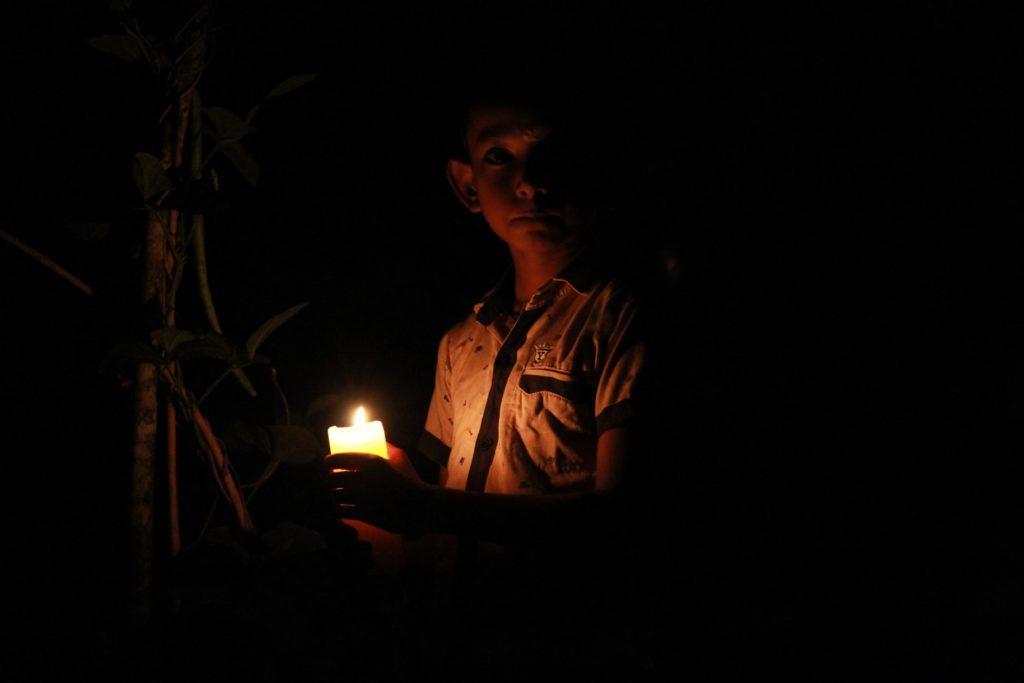
Mental Health Trauma from Mass School Violence
On May 24, 19 children and two adults were killed and 16 injured during the school shooting at Robb Elementary School in Uvalde, Texas. It was the deadliest school shooting since the Sandy Hook school shooting.
As school shootings sadly become more commonplace in the United States, it’s important to consider how these sad events impact the mental health of the students, educators, parents, and communities.
While there has been some research on the psychological effects of mass shootings, little is known about the long-term mental health effects of mass school violence.
Trauma from mass school violence can have a lasting impact on survivors. It’s important to be gentle with yourself and to reach out for help if you need it. Together, we can heal the mental health trauma inflicted by mass school violence.
Recent Mass School Violence
The most recent mass school shooting took place in Uvalde, Texas, where 19 children and two adults were killed. This tragic event has left the small Uvalde community of 16,000 people in mourning.
According to Education Week, which started tracking school shootings in 2018, there have been 119 school shootings to date. Of those incidents tracked, 27 school shootings occurred in 2022 alone.
- 2018 – 24 school shootings
- 2019 – 24 school shootings
- 2020 – 10 school shootings
- 2021 – 34 school shootings
- 2022 – 27 school shootings
The Mental Health Impact of School Shootings
The psychological effects of mass school violence can be far-reaching and long-lasting. Survivors of mass school violence often experience post-traumatic stress disorder (PTSD), anxiety, depression, and other mental health problems.
A study of survivors of the mass school shooting at Columbine High School found that six years after the event, nearly one-third of students met the criteria for PTSD.
In addition, mass school violence can have a ripple effect on an entire community. For example, after the mass school shooting at Sandy Hook Elementary School in Newtown, Connecticut, rates of anxiety and depression increased significantly in the surrounding community.
Trauma from mass school violence can manifest in a number of ways. Many people who experience mass school violence suffer from post-traumatic stress disorder (PTSD), which is characterized by intrusive thoughts and flashbacks, avoidance of anything that reminds them of the trauma, and hypervigilance.
Symptoms of Trauma from Mass School Violence
There are several common symptoms of trauma from mass school violence. These symptoms can include:
It’s not uncommon for individuals to experience more than one symptom at the same time. In addition, ignoring these symptoms can lead to the development of additional symptoms.
This is especially true if an individual attempts to self-medicate uncomfortable feelings with destructive behavior.
Of the many symptoms that can develop, the following are among the most common experienced by individuals:
- Anxiety
- Depression
- Substance abuse
- Nightmares
- Flashbacks
- Avoidance of places, people, or things that remind you of the event
- Hopelessness
- Guilt or shame
- Anger or irritability
Coping with Tragedy and Trauma
If you are struggling to cope with your emotions after a school shooting, it’s important to reach out to your family, friends, and community.
In addition, working with a mental health professional can provide the guidance and tools you need to cope with the mental health trauma from school shootings. A professional has the experience needed to provide a path for you to follow toward coping with trauma from such a traumatic incident.
In some cases, you might benefit from joining a residential treatment facility, where you can focus on improving your mental health, gaining the tools you need to overcome uncomfortable emotions, and move forward on a healthy path.
